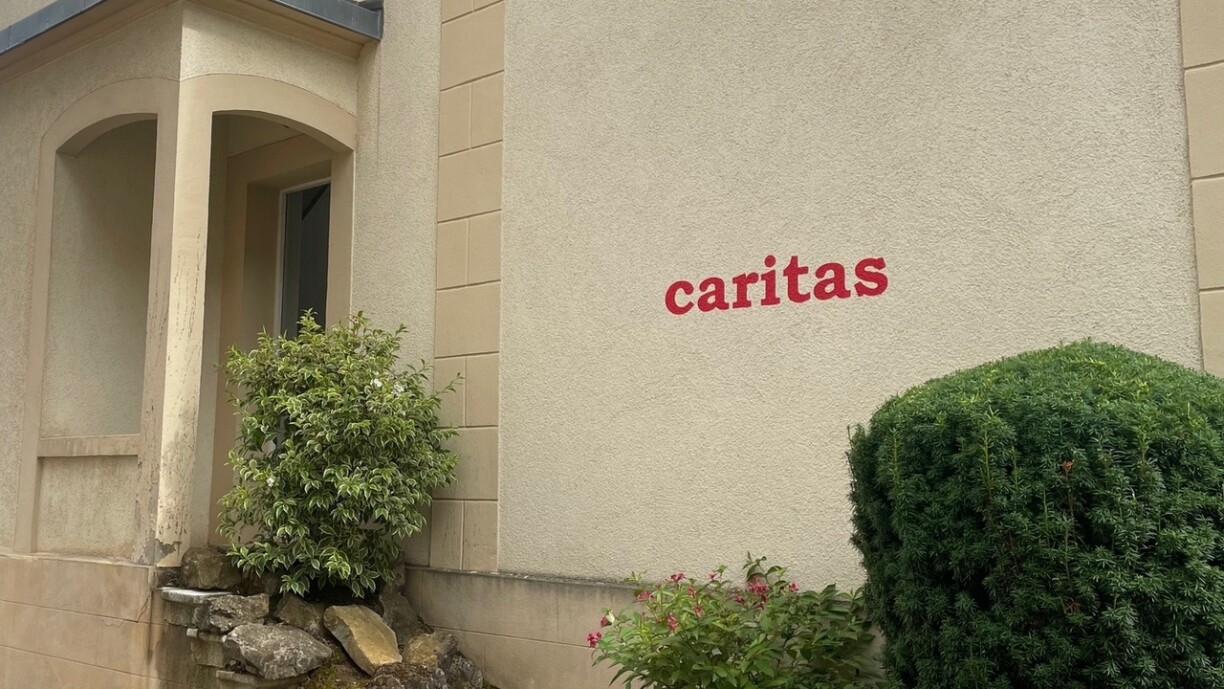
In a written statement sent to the Luxembourg newspaper Tageblatt and the Spanish news site infolibre, BBVA disclosed that it had imposed restrictions on the accounts in question even before becoming aware of the allegations.
The bank stated that it had followed all relevant protocols and procedures, including anti-money laundering and anti-fraud regulations. BBVA emphasised that it employs “numerous control measures” to ensure its products and services are not used for unlawful or illicit purposes.
Despite this, BBVA’s statement leaves several critical questions unanswered. It remains unclear when the bank first became aware of the allegations and whether any funds remain in the restricted accounts. The bank cited data protection laws as the reason for not disclosing further details.
The role of other financial institutions, namely BGL BNP Paribas and Spuerkeess, in approving numerous transfers and credit lines without triggering alarms is also still under scrutiny.
The Financial Sector Supervisory Commission (CSSF) has launched an investigation into the matter. Meanwhile, the Luxembourg banks have refrained from commenting on the Caritas affair, citing the ongoing judicial investigation.
The Caritas scandal first came to light on 19 July when the foundation’s director, Marc Crochet, filed a complaint for embezzlement against a senior employee. Three days later, the Caritas finance chief turned herself in to the police but claimed to be a victim through her lawyer.
So far, the judiciary has indicated that it is investigating whether the Caritas finance chief was the victim of a CEO scam.
To ensure the continuity of Caritas services, Prime Minister Luc Frieden announced that solutions would be implemented by September. However, the state will not cover the embezzled funds. Meanwhile, a crisis committee at Caritas, along with the private audit firm PwC, is working on restructuring the foundation to prevent its collapse.